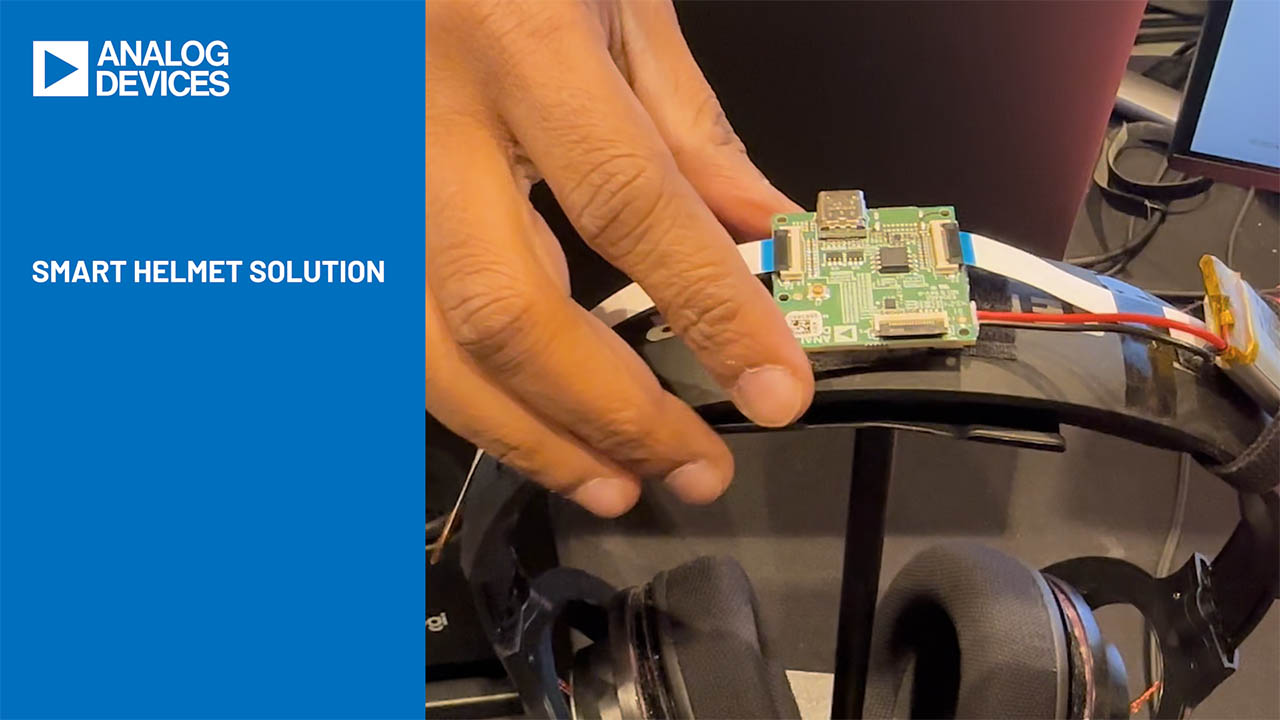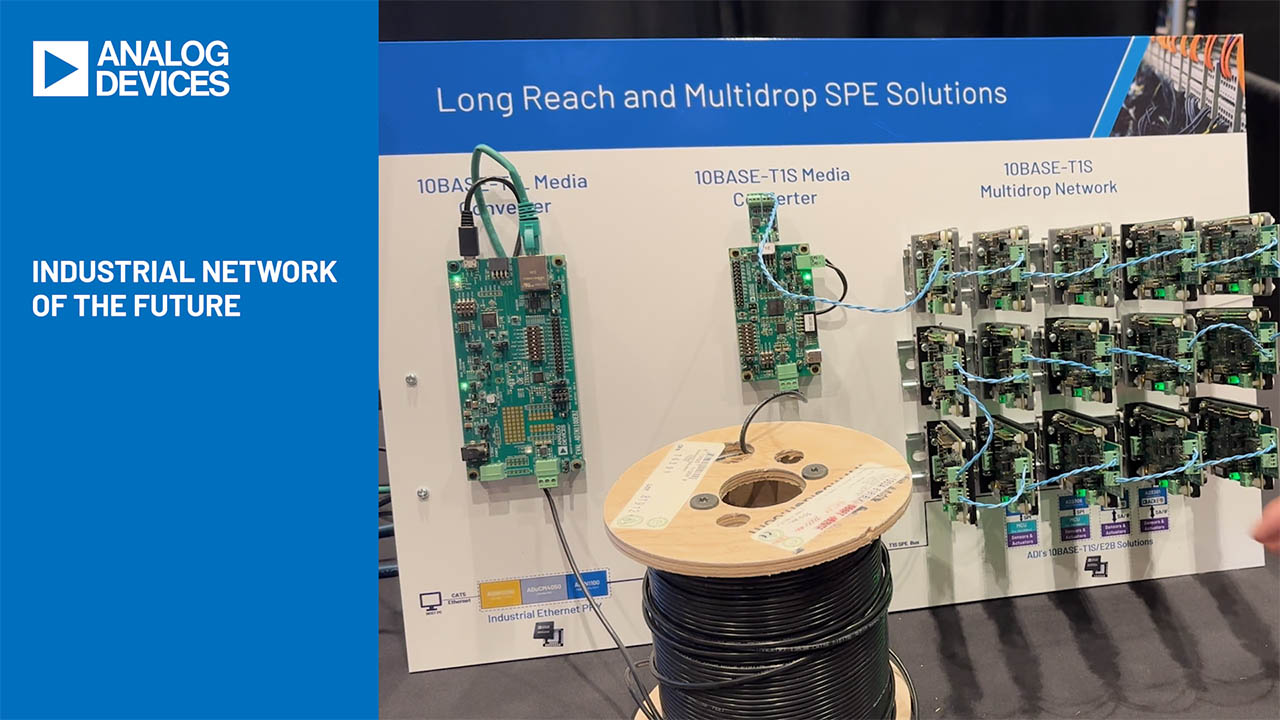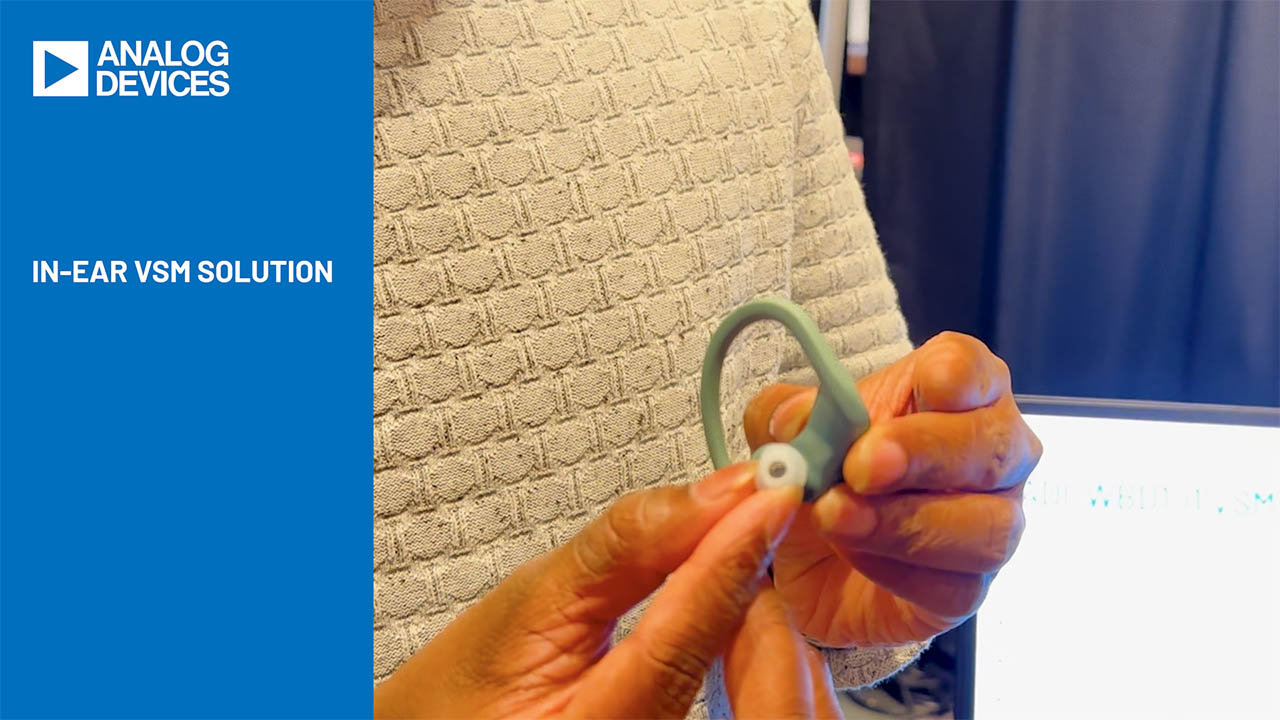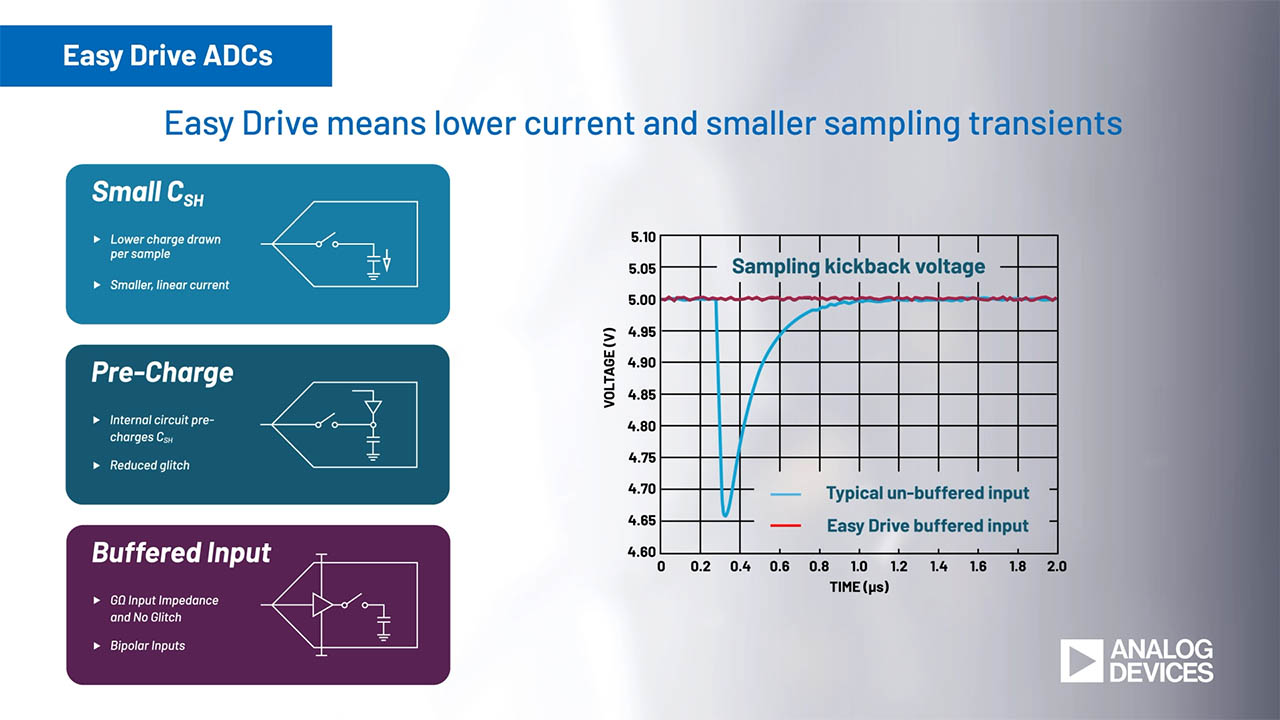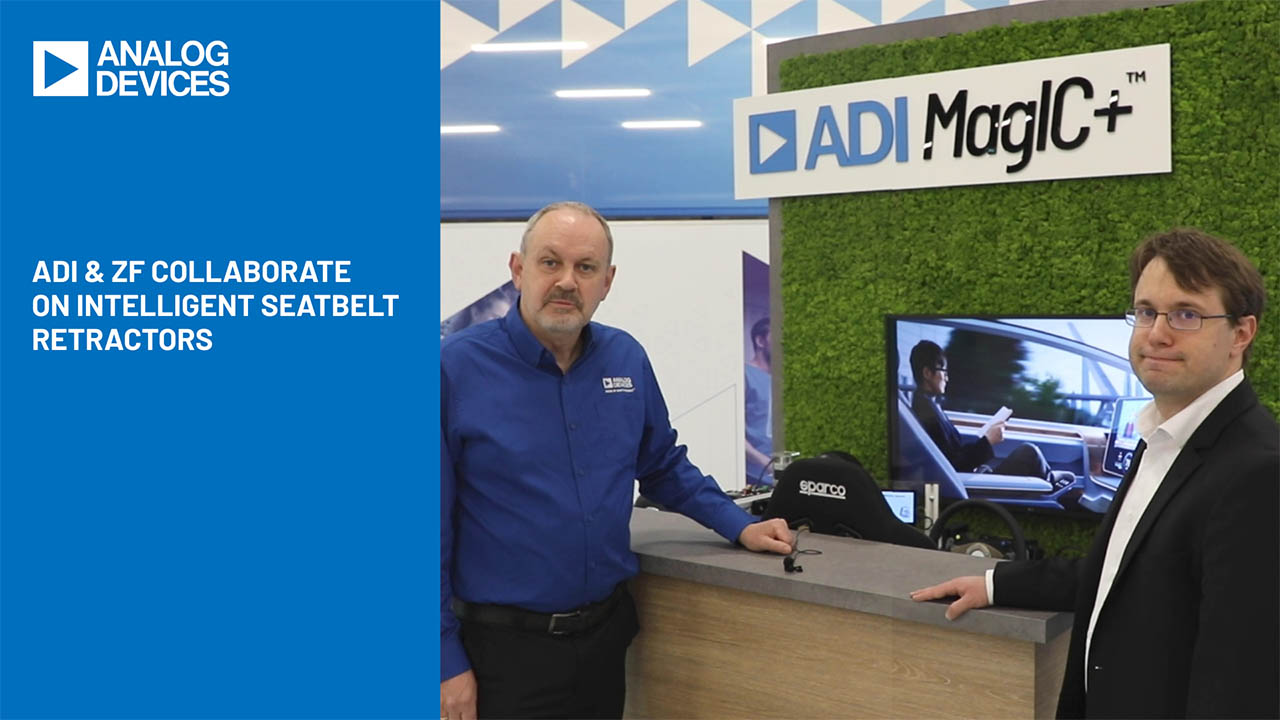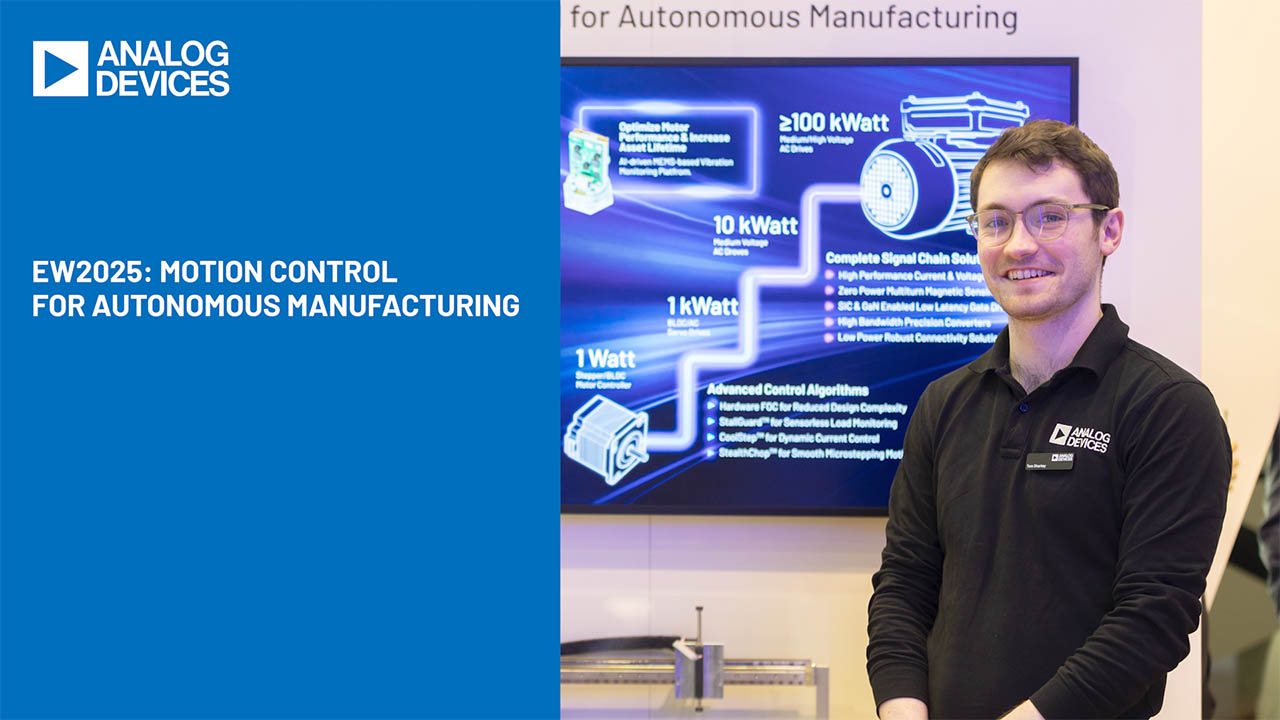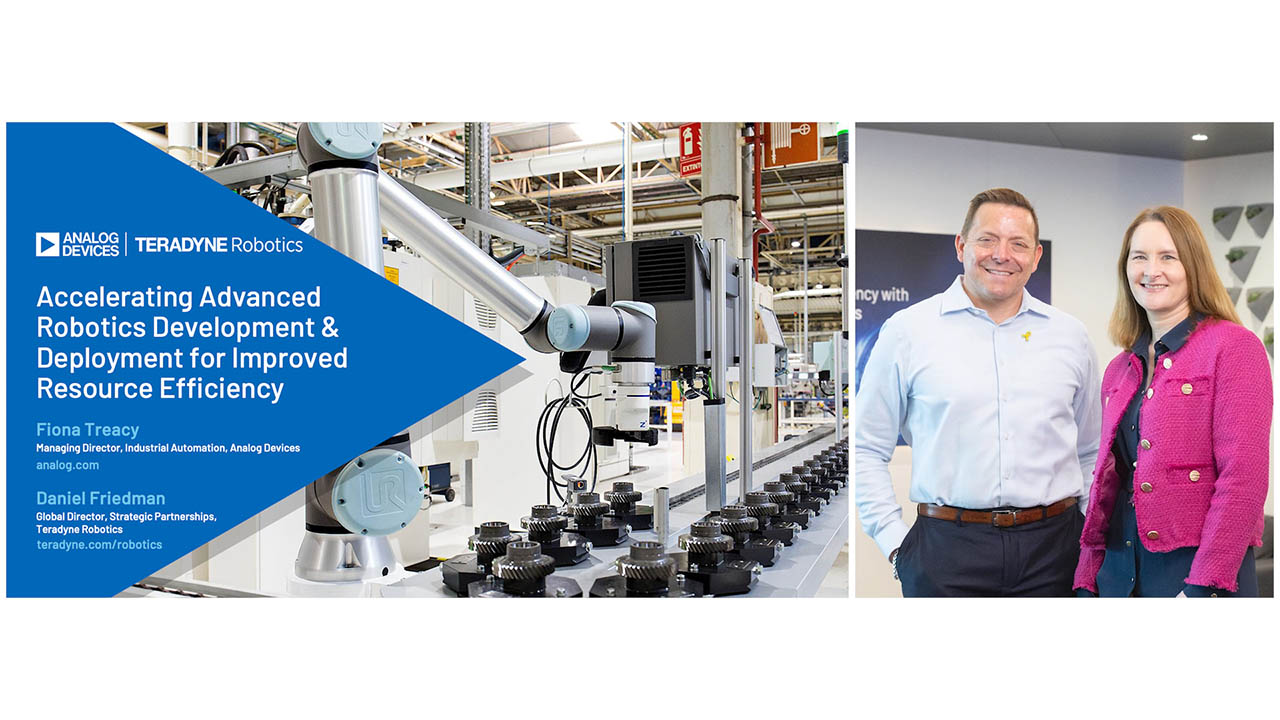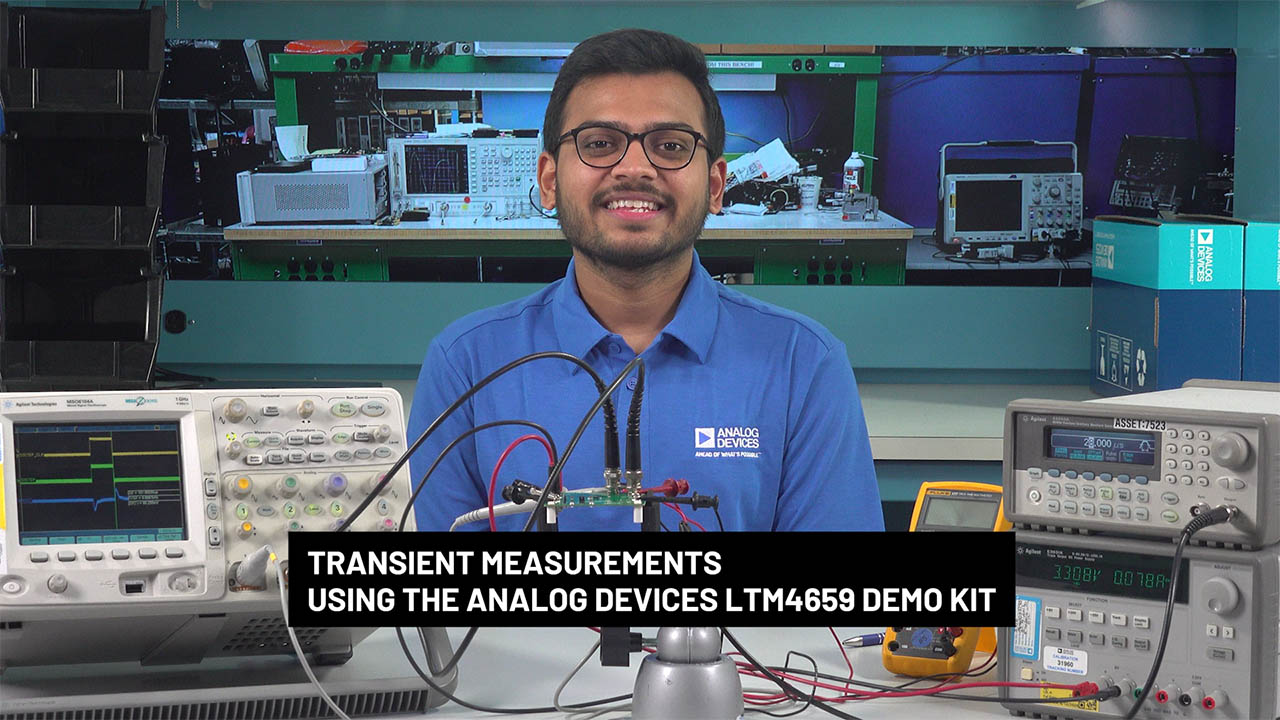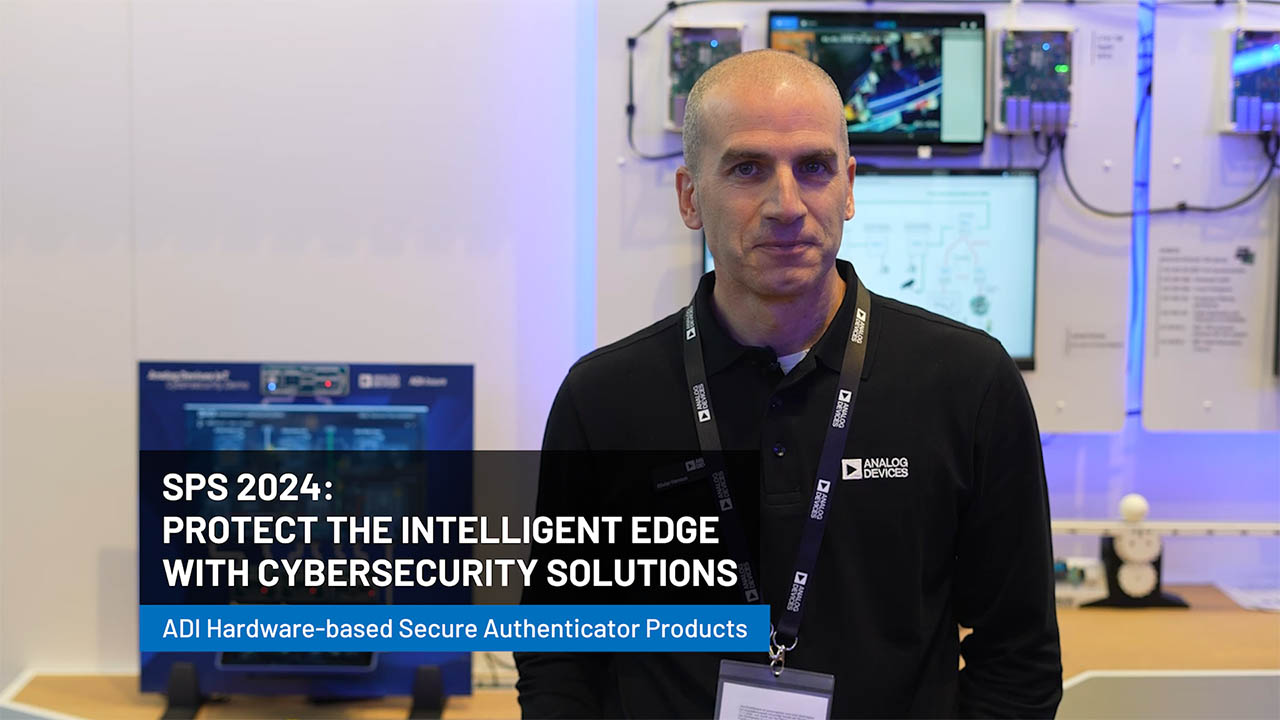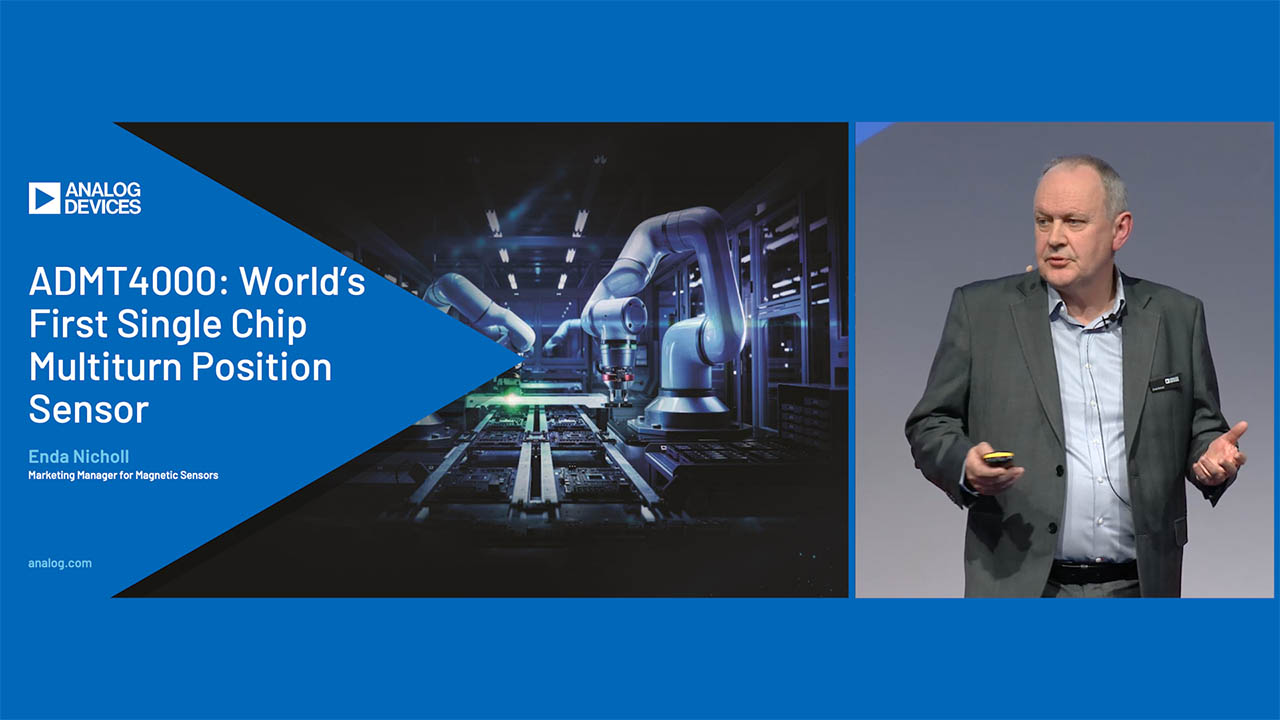Assembling High-Lead (Pb) DS2761 Flip-Chips in a Pb-Free Assembly Flow
Abstract
Usage of lead (Pb) in electrical and electronic components has recently been prohibited by the European Union through the Restriction of Hazardous Substances Directive (RoHS). Because of these regulations, assembly processes must become lead-free (Pb-free). Although the DS2761 flip-chip die are exempt from the RoHS regulations, they have been successfully assembled in a Pb-free reflow process. This application note details the Pb-free assembly process used, and the reliability stresses encountered after the assembly.
Due to the RoHS directive, many assembly processes must be performed using Pb-free solder in a Pb-free reflow process. Dallas Semiconductor assembled 479 flip-chips using a +262°C peak reflow temperature assembly process. After the assembly, the flip-chips were subject to industry standard reliability stresses. The DS2761 flip-chip die had zero critical failures and passed the reliability evaluation. The DS2760 C2 uses the same die as the DS2761 A2. It is therefore determined that the DS2761 and DS2760 flip-chip die are acceptable for use in a Pb-free reflow assembly process using the parameters listed in this document.
Introduction
Recent regulations from the European Union limit the usage of lead (Pb) in electrical and electronic components. These regulations are formally referred to as Directive 2002/95/EC, but commonly referred to as the Restriction of Hazardous Substances Directive (RoHS). Included with the RoHS is an annex that lists all the exemptions to the directive. Item 7 of the annex states "Lead in high melting temperature type solders (i.e. Tin-lead solder alloys containing more than 85% lead)." Dallas bump technology, commonly known as "flip-chip", is RoHS exempt due to the high melting point 95% lead (Pb) solder bump construction. For a detailed analysis of the DS2761 material content, a copy of the hazardous content for the DS2761 is included in Appendix A.
Due to the RoHS directive, many assembly processes must be performed using Pb-free solder in a Pb-free reflow process. The DS2761 has successfully passed reliability stresses after being assembled in a Pb-free process. This document describes the reflow process used and the reliability stresses involved.
Pb-Free, Board Assembly Reflow Process
The DS2761 flip-chip boards were assembled using high-temperature, FR4 PC board material with a Tg > +170°C. The CAD drawing for this board is included in Appendix B. The flip-chips were attached to the board using Indium5.1 Pb-free solder paste from Indium Corporation of America® (refer to the Indium5.1 product data sheet). The DS2761 flip-chips were sent through a 5-zone BTU Model SSA 70 reflow oven for assembly. The conveyor in the oven was set to 16.5 inches per minute, and zones 1 to 5 were +250°C, +230°C, +240°C, +250°C, and +280°C respectively. The peak reflow temperature was +262°C. The reflow profile is shown below in Figure 1, and also in Appendix C.

Figure 1. DS2761 reflow profile.
DS2761 Reliability Stresses
After the Pb-free assembly process, 479 assembled boards were subject to industry-standard reliability stresses. These stresses include operating life, storage life, temperature cycle, temperature humidity bias, and unbiased moisture resistance. The DS2761 flip-chip die had zero critical failures after all tests were completed.
Summary
Dallas Semiconductor's DS2761 flip-chip die are exempt from the RoHS directive, as stated on line 7 of the RoHS annex. However, the die will still be assembled using a Pb-free reflow assembly process. Dallas Semiconductor assembled 479 flip-chip boards using a +262°C peak reflow temperature assembly process. After the assembly, the boards were subject to industry-standard reliability stresses. The DS2761 flip-chip die had zero critical failures and passed the reliability evaluation. It is therefore determined that the DS2761 flip-chip die are acceptable for use in a Pb-free reflow assembly process using the parameters listed in this document. The DS2760 revision C2 and the DS2761 A2 use the same die, so this evaluation also applies to the DS2760 C2.

Appendix A. DS2761 Hazardous Content
For Larger Image

Appendix B. High-Temperature FR4 Material Drawing
For Larger Image

Appendix C. Pb-Free Solder Reflow Profile
For Larger Image
